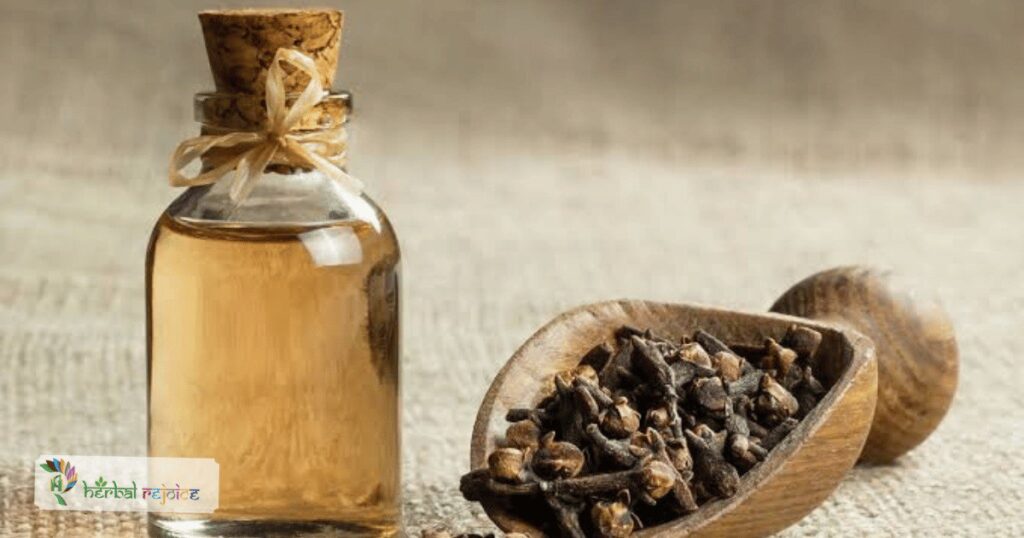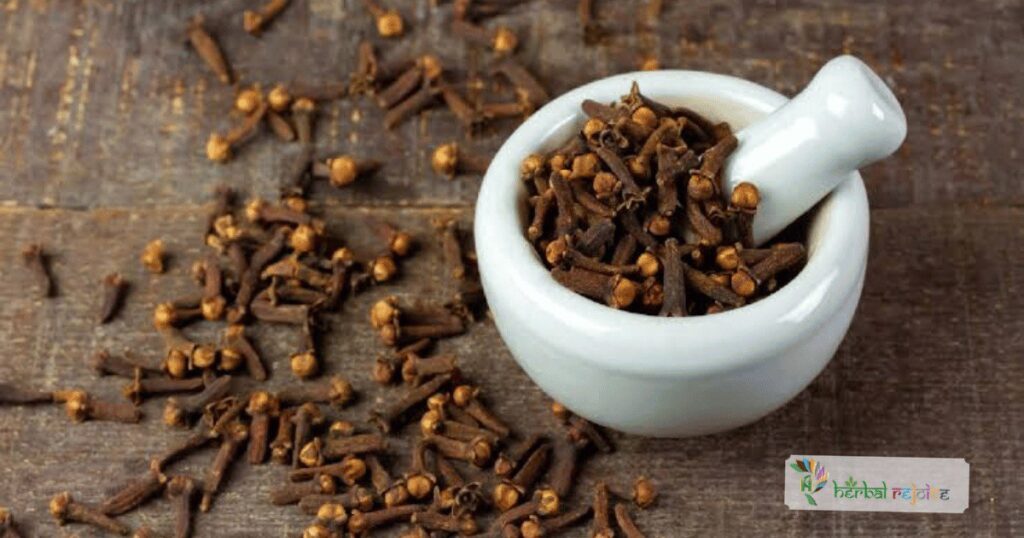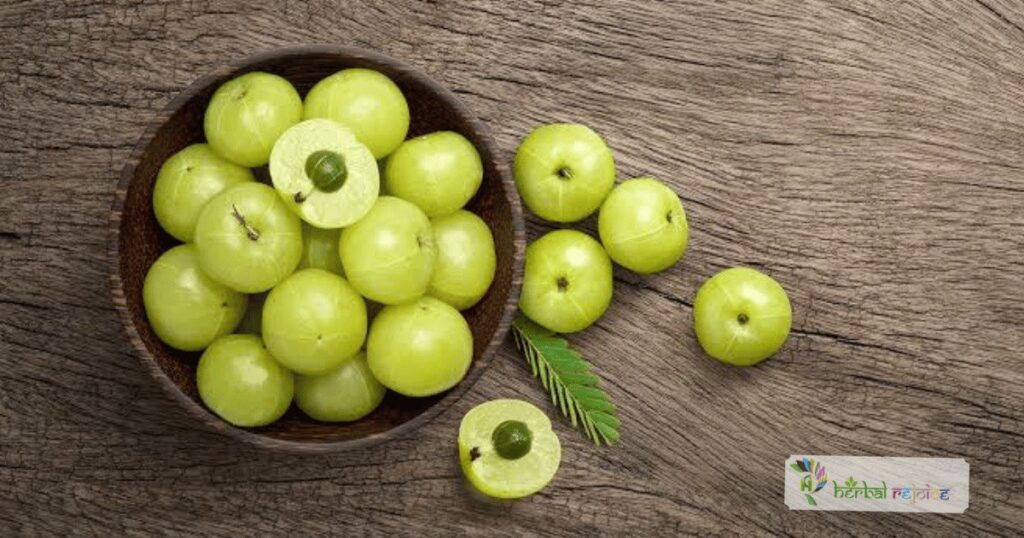Introduction:
Clove , also known as Caryophyllum, Clove flower, or Clove buds, is a versatile and aromatic herb that has found its way into culinary and medicinal realms. This article will take you through the fascinating world of cloves, exploring their biological source, chemical constituents, uses, and much more.
Biological Source:
Clove origanates from the dried flower buds of the Eugenia caryophyllus plant, belonging to the Myrtaceae family. These buds should contain a minimum of 7.0 per cent (w/w) of eugenol when calculated on a dried basis.
When examining cloves visually, you’ll notice several distinctive features:
Colour: Cloves exhibit hues ranging from crimson to dark brown.
Odour: They possess a slightly aromatic fragrance.
Taste: Cloves are characterized by their pungent and aromatic flavour, followed by a tingling numbness.
Size: Typically, cloves measure around 4 mm in width, 10 to 17.5 mm in length, and 2 mm in thickness.
Shape: The hypanthium is crowned with four thick, acute, divergent sepals encircled by a dome-shaped corolla. The corolla comprises unexpanded membranous petals with several stamens and a single prominent style.
Chemical Constituents:
The composition of cloves varies depending on factors like agroclimatic conditions, growth, processing, and storage.
Cloves contain carbohydrates, fixed oil, steam-volatile oil, resins, tannins, proteins, cellulose, pentosans, and mineral elements. Carbohydrates make up about two-thirds of the spice’s weight.
They are an excellent source of vitamin K, vitamin C, dietary fibre, manganese, omega-3 fatty acids, and calcium and magnesium.
Clove boasts a rich chemical composition, including:
- Volatile oil (approximately 15 to 20 percent)
- Tannin (gallotannic acid) (10 to 13 percent)
- Resin
- Chromone
- Eugenin
The volatile oil contains eugenol (70 to 90 per cent), eugenol acetate, Caryophyllenes, and small quantities of esters, ketones, and alcohols. Clove oil is colourless to pale yellow but thickens and darkens with storage.

Uses:
Clove plays numerous roles:
Dental Analgesic: It helps alleviate toothache and oral discomfort.
Carminative: Clove aids in reducing gas and bloating.
Stimulant: It can stimulate various bodily functions.
Flavouring Agent: Clove enhances the flavour of food and beverages.
Aromatic: Its aromatic properties make it valuable in perfumery.
Antiseptic: Clove is renowned for its antiseptic qualities.
Perfumery: Clove oil is also used in perfumery and is employed in manufacturing vanillin. It finds its place in the preparation of cigarettes.
Adulterants:
Several adulterants have been identified:
Mother Cloves: These are dark brown, ovate-ripened fruits of the clove tree with slightly aromatic properties but containing starch. They have lower volatile oil content.
Blown Cloves: These are expanded flowers of the clove tree, often with detached stamens, resembling cloves but with lower volatile oil content.
Clove Stalks: These are used to adulterate powdered cloves and can be detected by the presence of isodiametric sclereids and prisms of calcium oxalate.
Exhausted Cloves: These are cloves from which oil has been extracted through distillation. They appear dark and shrunken and lack the presence of oil.
Medicinal and Pharmacological Uses:
Clove has been used in traditional Ayurveda to treat respiratory and digestive ailments.
Its properties include being spicy, warming, stimulant, analgesic, anaesthetic (topical), antiemetic, anti-griping (when combined with other herbs), vermifuge, uterine stimulant, antibacterial, antifungal, antispasmodic, stomachic, aromatic, carminative, antiseptic, antiviral, expectorant, aphrodisiac, and promoter of salivation and digestive juices.
In traditional Chinese medicine, cloves are employed as a kidney tonic for warming the body, increasing circulation, and aiding digestion.
They are also used for various conditions such as nausea, vomiting, flatulence, hiccups, etc.
Ethanolic Extract and Aphrodisiac Activity:
Ethanolic extract of clove has been shown to increase the sexual activity of male rats without notable adverse effects. This supports traditional claims of its usage in treating sexual disorders.
Other Uses:
- Clove oil is an active ingredient in mouthwash products and toothache pain relief preparations.
- Eugenol is used in germicides, perfumes, the production of vanillin, and as a sweetener or intensifier.
- Clove oil is employed in preparing microscopic slides for viewing.
- It has applications in treating flatulence, colic, indigestion, and nausea.
Antimicrobial Activity:
Clove exhibits potent antimicrobial activity against various bacteria, fungi, and parasites. It inhibits the growth of several pathogenic microorganisms.
Antioxidant Activity:
Clove oil possesses impressive antioxidant capabilities, making it valuable in longevity formulations.
Anti-Inflammatory Activity:
Eugenol in clove oil acts as an anti-inflammatory substance, reducing inflammation and pain.
Anaesthetic Effect:
Clove oil serves as a safe anaesthetic, especially in aquatic research, and can induce anesthesia in various fish species.
Mosquito-Repellent and Insecticidal Activity:
Clove oil works as a mosquito repellent and exhibits insecticidal properties, making it effective against various pests.
Antithrombotic Activity:
Clove oil has antithrombotic properties, inhibiting platelet aggregation and thromboxane synthesis. Clove for toothache, as carminative, stimulant, flavouring agent, aromatic, antiseptic, antiviral, antithrombotic
Anticancerous Activity:
Certain compounds in clove oil have demonstrated anticarcinogenic activity by inducing detoxifying enzymes.
Antiviral Activity:
Clove displays potent antiviral activity against herpes simplex virus.
Antipyretic Effect:
Eugenol, found in clove oil, exhibits antipyretic activity, effectively reducing fever.
Storage:
Clove and clove powder should be stored in airtight containers in cool, dry places.
Toxicity Studies:
Cloves can cause skin irritation, pulmonary edema, mouth sensitivity, and airway issues. Smoking clove cigarettes can harm soft tissues and airway linings.
Conclusion:
Clove, with its myriad applications and rich chemical composition, stands as a remarkable natural resource.
Its diverse pharmacological activities and long history of use in traditional medicine underscore its value.
While we’ve covered many aspects of cloves in this article, there is still much more to explore in this multifaceted marvel of nature.
FAQs on Clove
What is the biological source of cloves?
Cloves are dried flower buds of the Eugenia caryophyllus plant, belonging to the Myrtaceae family.
Can you describe the macroscopic characteristics of cloves?
Cloves are crimson to dark brown in color, slightly aromatic in odor, and have a pungent and aromatic taste. They are about 10 to 17.5 mm in length, 4 mm in width, and 2 mm thick.
What are the main chemical constituents of cloves?
Cloves contain about 15 to 20 per cent of volatile oil, primarily eugenol, as well as tannin, resin, chromone, and eugenin.
How is the quality of cloves determined?
Quality is determined by factors like moisture content, ash content, acid insoluble ash, acid-soluble extractives, and eugenol content.
What are the primary uses of cloves?
Cloves are used as a dental analgesic, carminative, stimulant, flavoring agent, aromatic, antiseptic, and in the preparation of cigarettes and perfumes.
What are common adulterants of cloves?
Common adulterants include mother cloves, blown cloves, clove stalks, and exhausted cloves.
How should cloves be stored to maintain their quality?
Cloves should be stored in airtight containers in dry and cool places to prevent moisture and insect infestation.
What are the general nutritional components of cloves?
Clove buds contain carbohydrates, fixed oil, volatile oil, resins, tannins, cellulose, pentosans, proteins, and mineral elements.
What are the traditional medicinal uses of cloves?
Cloves have been used traditionally to treat respiratory and digestive ailments, as an aphrodisiac, and for various other purposes.
Do cloves have antioxidant properties?
Yes, cloves have strong antioxidant capabilities attributed to their essential oil and other compounds.
Are cloves used as a mosquito repellent?
Clove oil exhibits repellent activity against mosquitoes such as Aedes aegypti and Culex quinquefasciatus.
Are cloves effective against certain bacteria?
Cloves have shown antibacterial properties against various bacteria, including Streptococci, Staphylococci, and Pneumomocci.
Can cloves be used as an anaesthetic?
Yes, clove oil is used as a safe anaesthetic, particularly in aquatic research and for fish, rabbit fish, and coral reef fish.
How do cloves contribute to the field of antithrombotic research?
Clove oil inhibits platelet aggregation and thromboxane synthesis, making it an antithrombotic agent.
Are cloves considered a natural remedy for cancer?
Clove oil has shown potent anticarcinogenic activity due to the presence of sesquiterpenes like eugenol.
Is there a connection between cloves and antiviral activity?
Yes, eugenin isolated from clove buds has demonstrated antiviral activity against Herpes simplex virus.
Are there any toxic effects associated with cloves?
Excessive use of cloves can cause local skin irritation, mouth sensitivity, and other adverse reactions.


